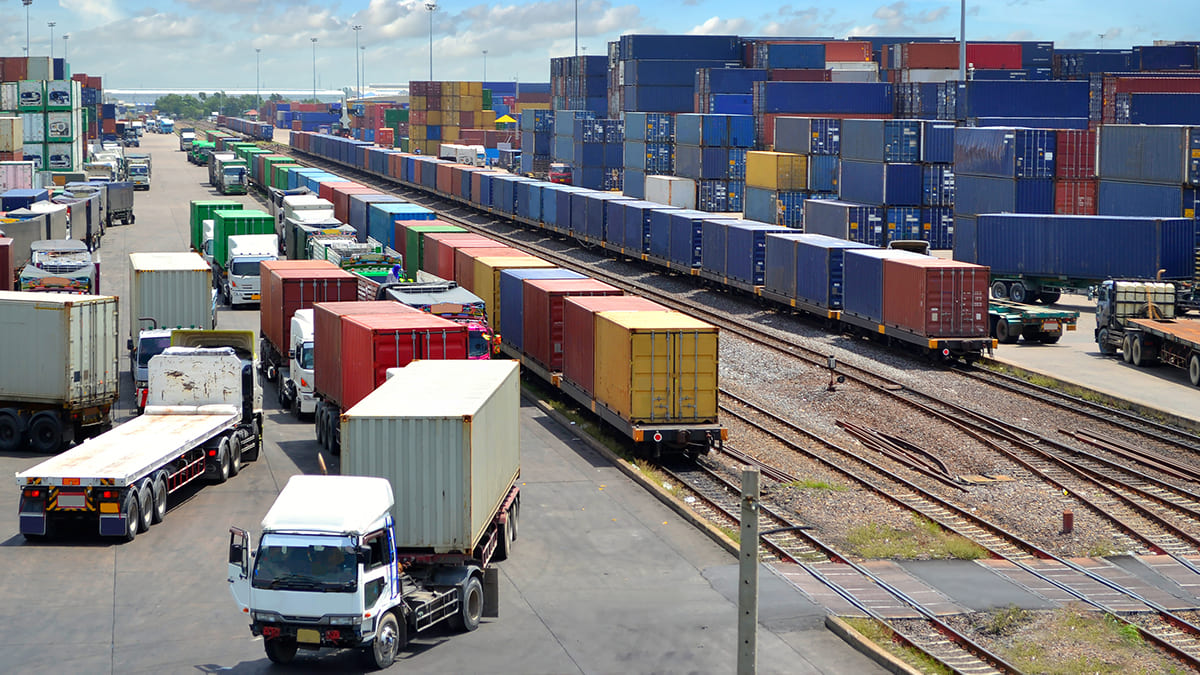The Ministry of Public Works has announced that Afghanistan’s railways have handled over 1.6 mn tons of goods in the past five months. This includes more than 66,000 tons of commercial goods exported via the rail system, with a significant portion comprising dried fruits, minerals, and beverages. Given its landlocked status, Afghanistan primarily relies on land routes and air corridors for trade. Rail transport offers a more efficient and cost-effective method for goods movement.

Establishing and expanding the railway network are considered crucial for enhancing trade with Central Asian countries and South Asia. The Chamber of Commerce and Investment underscored the importance of railway infrastructure in fostering regional trade. Khan Jan Alokozay, a board member of the Afghanistan Chamber of Commerce and Investment, emphasized, “Developing the railway lines is a critical task for the Islamic Emirate following power supply improvements.”
Economic experts stress the role of railway investment in promoting trade and economic growth. Abdul Nasir Rashtia, an economic expert, pointed out, “Beyond Afghanistan’s requirement for a comprehensive railway network, Central Asian countries are also interested in connecting through Afghanistan to the Chabahar port, Torkham, and Karachi.” Mohammad Nabi Afghan, another expert, added, “Expanding rail connectivity and transit with neighbouring countries could stabilize the economy and support industrial development.”
The Deputy Minister of Railways for the Ministry of Public Works signed two agreements with Turkmenistan on August 31 to advance railway development projects. These agreements aim to enhance the rail infrastructure and improve regional connectivity.
Follow Daryo's official Instagram and Twitter pages to keep current on world news.
Comments (0)